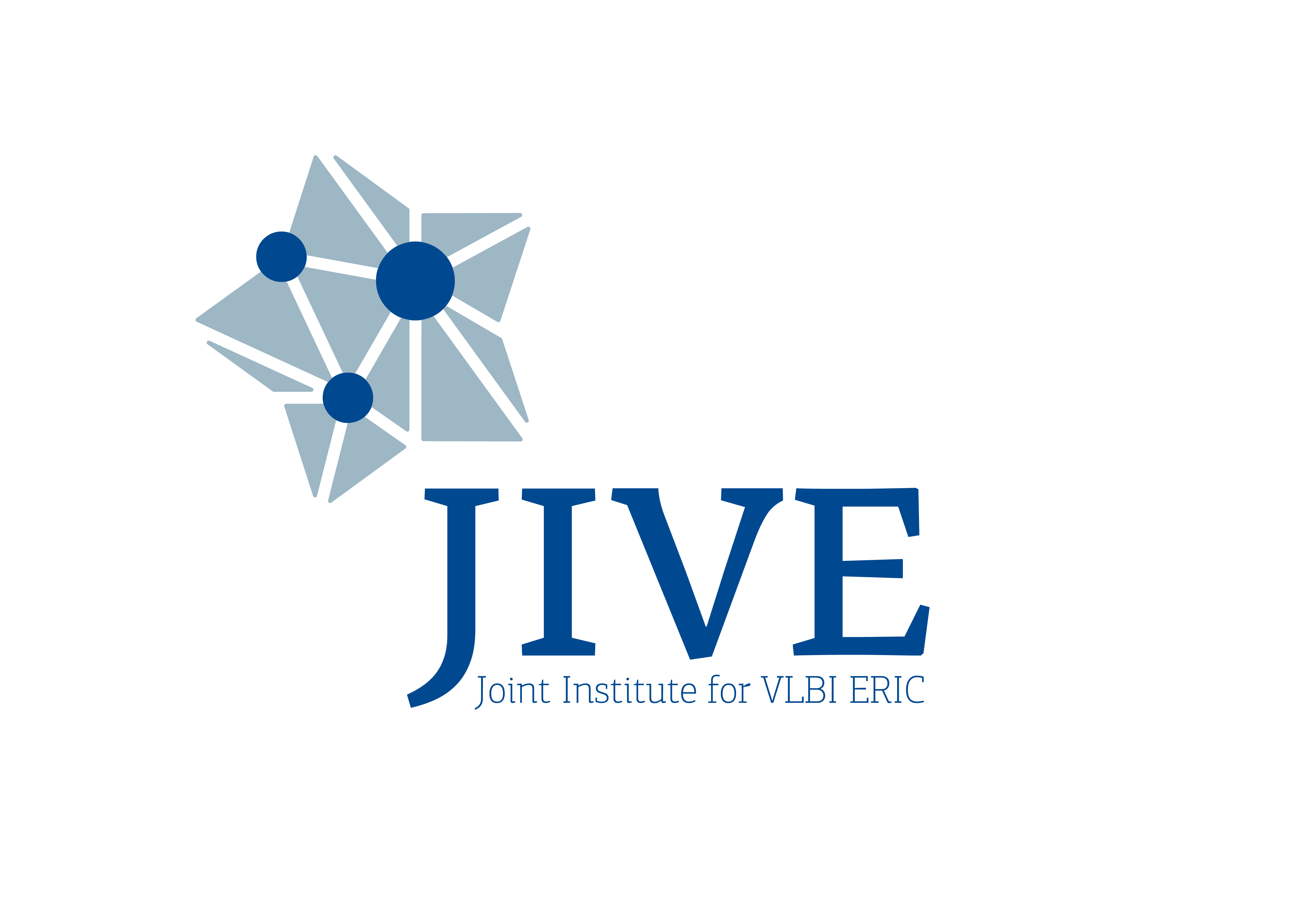Over 70 students from all over the world participated in the 9th European Radio Interferometry School (ERIS 2022) hosted by JIVE and ASTRON in Dwingeloo (the Netherlands) on 19-23 September 2022.
The ERIS 2022 school - sponsored by the H2020 Opticon RadioNet Pilot (ORP) Project - provided a week of lectures and tutorials on how to achieve scientific results from radio interferometry.
“It has been a very busy week, but it was also a great pleasure to work with these enthusiastic students, who will become the next generation of radio astronomers”, said Zsolt Paragi, ERIS 2022 SOC Co-chair and JIVE Head User Support.
Over 20 tutors experts in radio astronomy and Very Long Baseline Interferometry (VLBI) provided different lectures and tutorials including introduction to interferometry; How to plan and propose for observations; Calibration and imaging of interferometry data; and Observing techniques with various arrays (e.g. LOFAR, e-MERLIN, EVN/VLBI, ALMA and NOEMA). During the week students also worked in small groups with the tutors to prepare an observing proposal to present it during the last day of the school.
The School was also complemented by several activities outside the programme of Lectures and Tutorials, including a visit to the Westerbork Synthesis Radio Telescope, a visit to the JIVE Correlator or the organisation of the Evening Lecture “Supermassive black holes and where to find them” by James Moran (Harvard Smithsonian CfA, USA), who is one of the world experts in the use of VLBI to study cosmic masers and supermassive black holes in the centres of galaxies. He has played a fundamental role in developing the VLBI technique. Jim was very pleased to see the great number of students who have specialised in VLBI.
The School was co-organised by JIVE and ASTRON and sponsored by the H2020 Opticon RadioNet Pilot (ORP) Project.
"The role of research institutes and infrastructures such as ASTRON and JIVE in making possible training events such as this ERIS school is essential to enhance the skills of our young researchers, which will be useful in academia and also elsewhere", says Francisco Colomer, JIVE director.
For more information please visit the ERIS 2022 website.
Images
1) Group Picture ERIS 2022 School organised in Dwingeloo, the Netherlands. Credit: Zsolt Paragi / JIVE.
2) Tutor Ann Njeri (former ERIS student herself) provides indications to students during one of the tutorials. Credit: Zsolt Paragi / JIVE.
3) James Moran during the ERIS 2022 Evening Lecture. Credit: Zsolt Paragi / JIVE.
Additional information
The European VLBI Network (EVN) is an interferometric array of radio telescopes spread throughout Europe, Asia, South Africa and the Americas that conducts unique, high-resolution, radio astronomical observations of cosmic radio sources. Established in 1980, the EVN has grown into the most sensitive VLBI array in the world, including over 20 individual telescopes, among them some of the world's largest and most sensitive radio telescopes. The EVN is composed of 13 Full Member Institutes and 5 Associated Member Institutes.
The Joint Institute for VLBI ERIC (JIVE) has as its primary mission to operate and develop the EVN data processor, a powerful supercomputer that combines the signals from radio telescopes located across the planet. Founded in 1993, JIVE is since 2015 a European Research Infrastructure Consortium (ERIC) with seven member countries: France, Italy, Latvia, the Netherlands, United Kingdom, Spain and Sweden; additional support is received from partner institutes in China, Germany and South Africa. JIVE is hosted at the offices of the Netherlands Institute for Radio Astronomy (ASTRON) in the Netherlands.
Contact
Zsolt Paragi
Co-chair ERIS 2022 SOC
JIVE Head User Support
Joint Institute for VLBI ERIC (JIVE)
zparagi@jive.eu
Jorge Rivero González
JIVE Science Communications Officer
rivero@jive.eu
